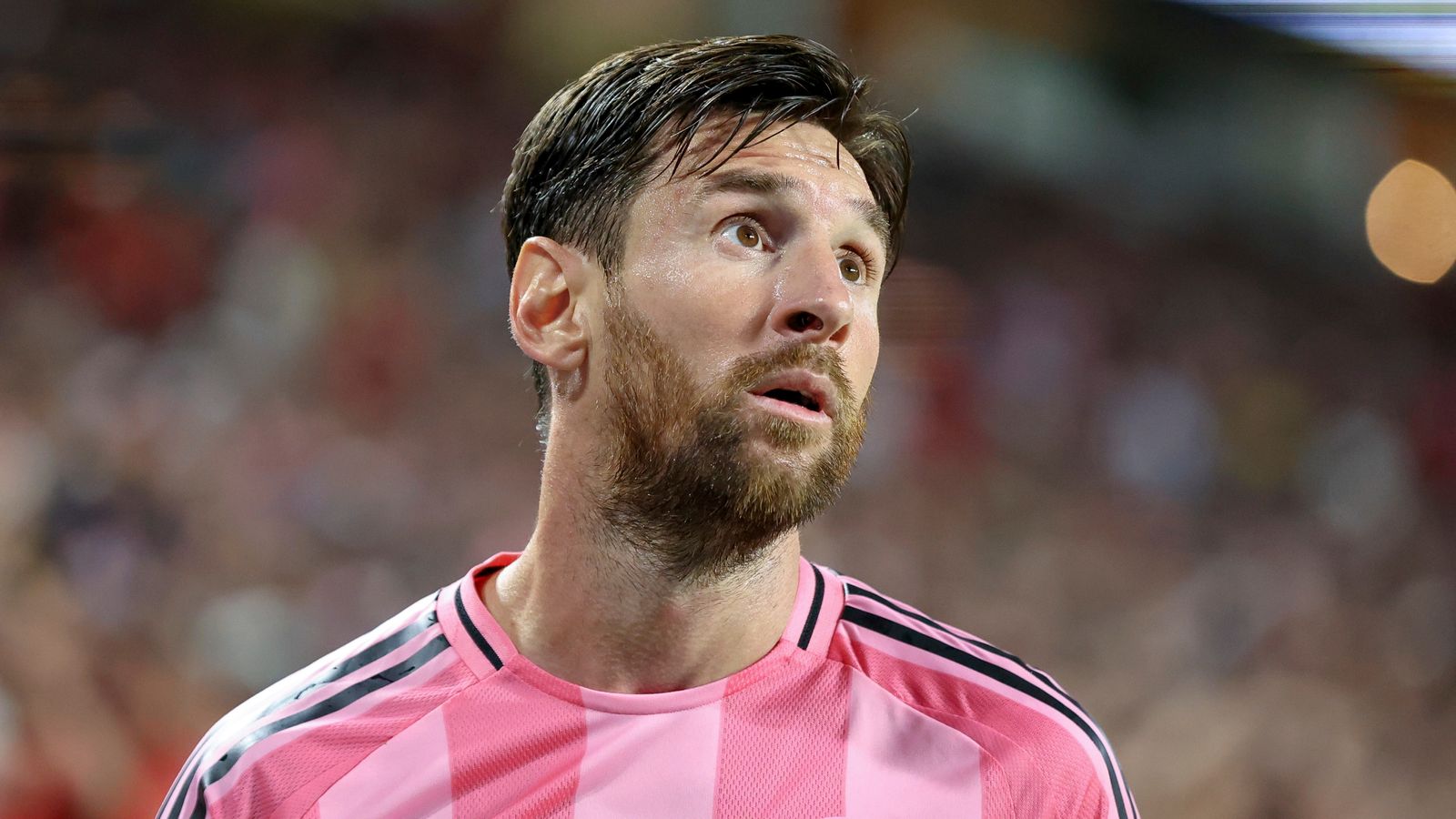
Bayern’s 10-0 Thrashing of Auckland City Raises Big Questions for FIFA
Let’s talk about one of the most lopsided matches in recent football history — Bayern Munich vs Auckland City at the 2025 FIFA Club World Cup. Now, when you hear Bayern Munich, you think of powerhouse football: 34-time German champions, six Champions League titles, and a squad valued in the hundreds of millions. On the flip side, you’ve got Auckland City — proud champions of Oceania, sure, but made up of part-timers: teachers, barbers, and students. So, how did we end up watching these two teams on the same pitch in Cincinnati?
Well, thanks to FIFA's revamped Club World Cup format — expanded from 7 to 32 teams — Auckland earned their place by dominating the Oceania Champions League. But what followed was less a clash of champions and more of a footballing lesson. From the moment Kingsley Coman found the net just five minutes in, it was clear this wasn't going to be close. By full-time, Bayern had smashed a tournament record, putting 10 past the Kiwis without reply.
Also Read:- Carlos Ortiz Fights for History After Shaky Start at 2025 U.S. Open Final Round
- Desmond Bane Joins Magic in Blockbuster Trade That Shakes NBA Landscape
This wasn’t just a defeat. It was an exposure of the vast gulf between elite European football and semi-professional clubs from smaller confederations. Bayern had 31 shots, 17 on target, and 72% possession. Jamal Musiala came off the bench and scored a hat-trick. Thomas Müller bagged his 250th club goal. And Auckland? Just one shot — a hopeful effort easily dealt with by Manuel Neuer.
Off the pitch, the numbers are just as staggering. Auckland’s total club revenue last year was under half a million pounds. Bayern? Over £700 million. Auckland’s best-paid player reportedly earns £66 a week. Harry Kane makes £400,000 — per week. One comparison joked that it would take Auckland’s top earner more than a century to make what Kane earns in seven days.
Some are calling it a dream for the Auckland players — a once-in-a-lifetime experience. Others are calling it what it really felt like: a mismatch, and a reality check for FIFA’s new format. Even Bayern boss Vincent Kompany admitted future games would be tougher. And former England midfielder Anita Asante, on commentary duty, called it "a special moment" for Auckland players. But still — 10-0?
So, where do we draw the line between inclusion and competition? Was this about giving small clubs the global stage — or just setting them up to be cannon fodder for Europe’s giants? As the Club World Cup continues and Auckland prepare to face Benfica next, those questions aren’t going away.
Because, sure — football is for everyone. But when the gap between two teams is measured in millions, and goals, and decades of professional infrastructure, maybe it’s time to rethink what fair really looks like on the world stage.
Read More:



0 Comments